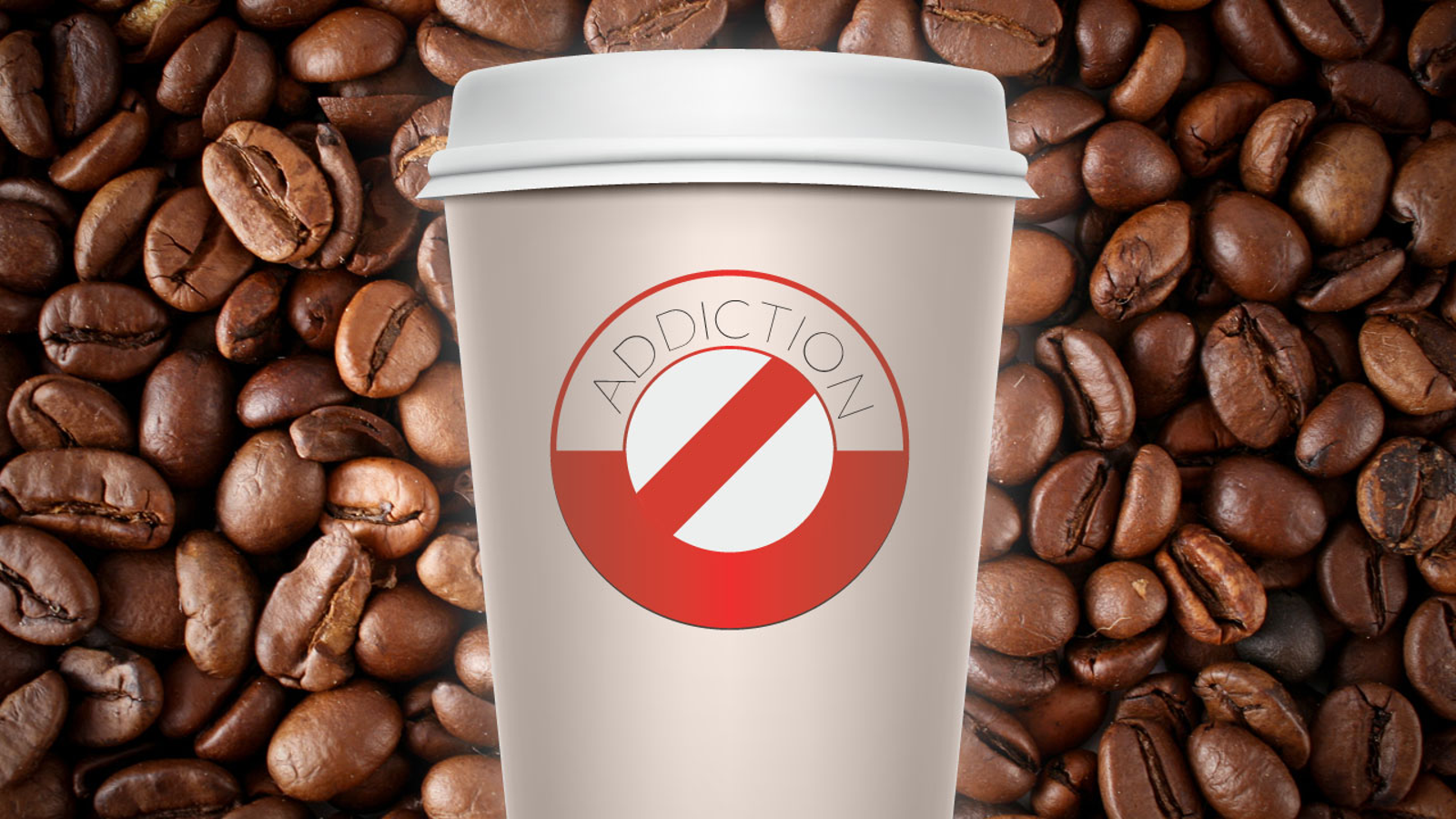
This also means you would want to take it earlier in the day so the energizing effects don't bleed into your nighttime ritual.Īs you can imagine, not everyone metabolizes caffeine the same, which results in discrepancies between individual experiences. The less common, extended varieties of caffeine intentionally prolong the release of caffeine 3 over time, sustaining its levels in the blood and its benefits while buffering against the dreaded "crash" phenomenon.
#Caffeine half life full#
According to Kogan, the full metabolism of caffeine can take up to 10 hours. Most caffeine (i.e., the instant-release stuff) is fully absorbed 45 minutes after being ingested but doesn't leave the body for a while. The half-life of caffeine-i.e., the amount of time it takes for the body to process just half-is usually around five hours but can vary from one to as much as nine hours, says Meredith Broderick, M.D., neurologist and sleep specialist. This can help you get a better handle on caffeine’s effects on your body.Caffeine stays in your system for longer than you may think. If you find yourself lying awake at night, after a day of caffeine consumption, consider limiting how much you have in the afternoon hours. If you don’t pay attention, you may be feeling the increased energy caffeine provides the body well into the later hours of the evening and night. With the half-life of caffeine being around 5 hours, it’s important to monitor your daily intake. Image Credit: Sergey Mironov, Shutterstock This is due to several factors including weight, tolerance, and caffeine sensitivities that many people suffer from. Others can drink two cups and feel as though they can get to sleep later that night. For those with a high caffeine tolerance, drinking coffee several times throughout the day doesn’t bother them. You’ll notice when it comes to the effects of caffeine, everyone has a different level of tolerance. If you ingest high amounts of this stimulant, you may notice sleeplessness, jitteriness, nausea, or an increased heart rate.

There are other side effects of caffeine you should be aware of, however. It’s also known to boost your metabolism and help with focus. As we mentioned above, caffeine enhances your mood and gives your body energy. If you enjoy a lot of foods and beverages with caffeine in them, this means you could be experiencing the half-life of caffeine throughout most of your day. This translates to roughly 4 cups of regular coffee a day. When it comes to the amount of caffeine consumed by adults, the FDA recommends no more than 400 milligrams per day. This is when the caffeine is strongest in your body. Most people will notice peak effects within 30 to 60 minutes of drinking or eating something with caffeine. The caffeine inside is a great way to get the day off on the right foot, especially if you’re struggling to get woke up.

It’s the main reason so many people have a cup of coffee or a soda each morning when they wake up. Luckily for us, caffeine not only stimulates our nervous system but is also tasty.Ĭaffeine is known to increase your heart rate, boost your energy levels, and enhance your mood. This is why coffee, chocolate, and sodas are known to give us a boost when we need them throughout the day. The sodas you drink even feature naturally occurring caffeine thanks to the kola nuts used during their making. Cacao, which is used to make the chocolate we love so much, is high in caffeine. Coffee beans and tea leaves have caffeine.

Caffeine is a stimulant that is naturally found in many of the things we eat or drink.


 0 kommentar(er)
0 kommentar(er)
